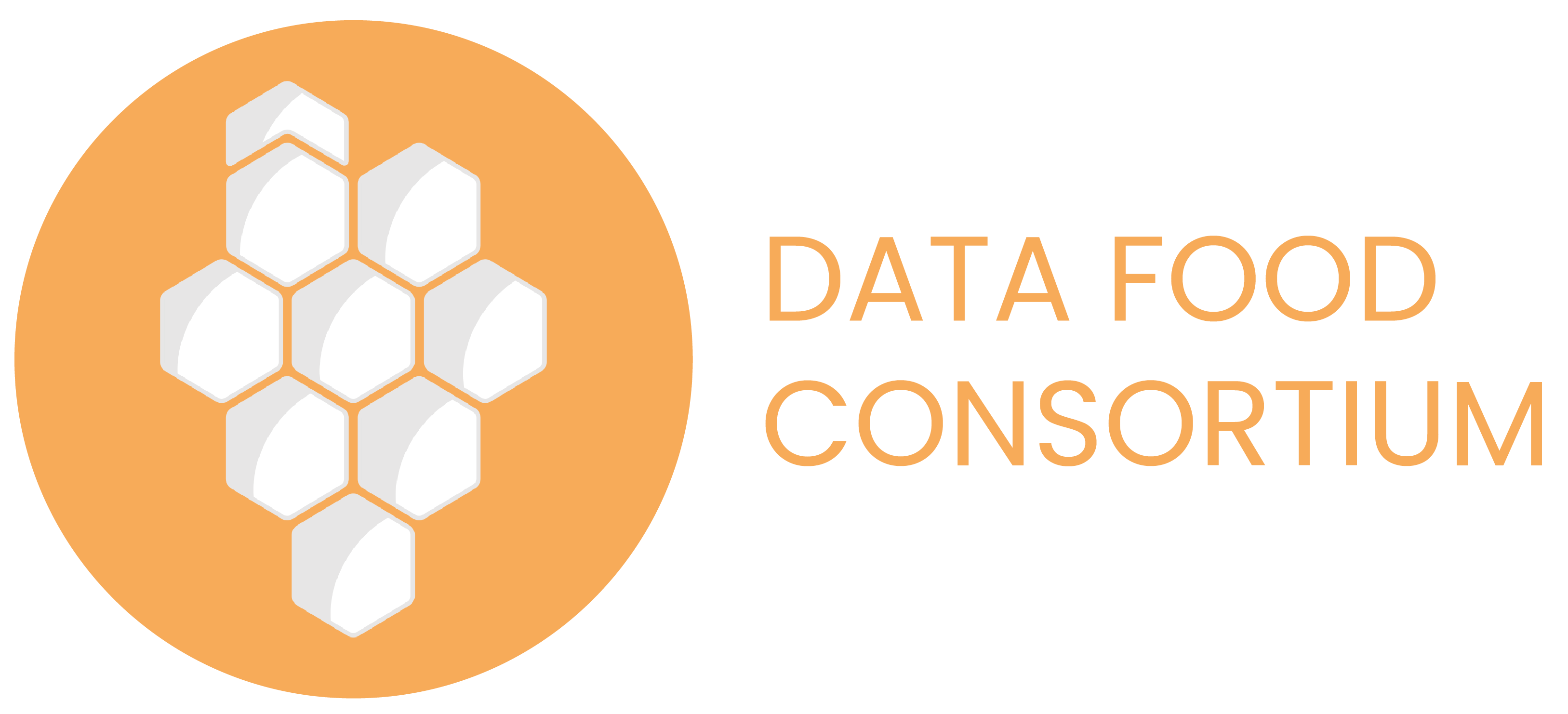We dream of a food system where all people, producers or eaters, benefit from good and healthy products, and live with dignity on a healthy planet Earth.
The food system is organized in a decentralized manner: producers and eaters manage fair and equitable distribution channels either directly or via necessary intermediaries. These distribution channels create the most direct possible relationship between producers and eaters.
They ensure transparency in trade, both on prices and margins of the players in the system as well as on the intrinsic quality of the products and their potential impacts on health and the environment.
Thus, they allow the establishment of relationships of trust between producers, distributors, platforms, eaters, etc.
Although multiple, distributed over the territory, and governed by many players, these distribution channels, producers and platforms are nonetheless effective: they cooperate and pool their energy and resources on all aspects of their operation.
At the same time, they ensure their independence and autonomy, so they remain sovereign over decisions and data concerning them.
To do this, all the actors in the food system speak a common language allowing them to easily communicate clear information necessary for their cooperation.




